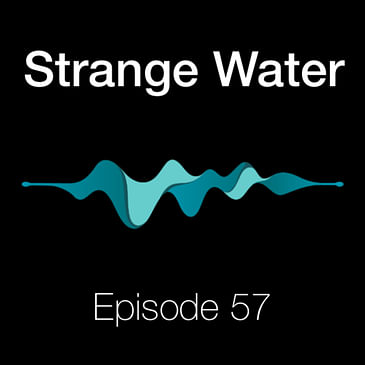The conversation aims to sift through the noise surrounding DAOs by telling the story of BadgerDAO. BadgerDAO, co-founded by Spadaboom in 2020, aims to facilitate the use of Bitcoin as collateral on other blockchains, thereby accelerating its integration into decentralized finance (DeFi). The discussion will cover BadgerDAO's history, its contributions to DeFi, the challenges it faced, including a significant hack, and its latest project, eBTC, which marks a new chapter for the protocol by promoting broader and more accessible BTC adoption in DeFi.



